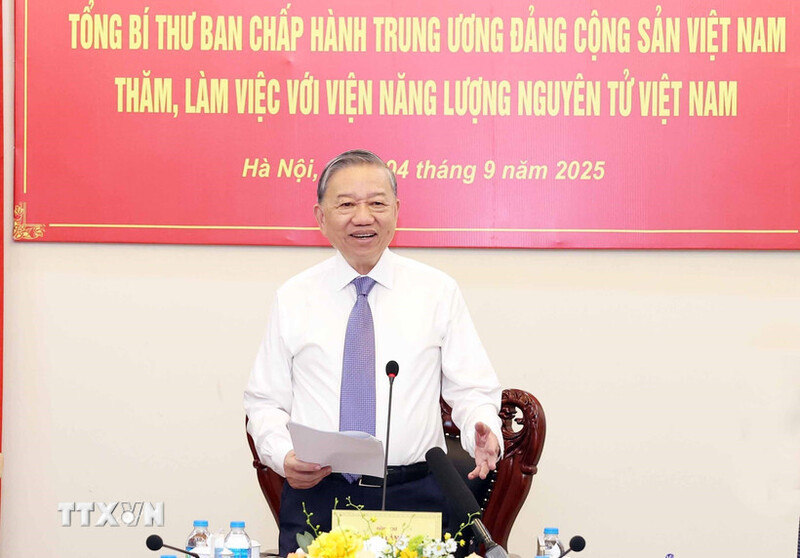
Party chief: Nuclear energy development must be absolutely safe
19:05 | 23/03/2025 17:31 | 05/09/2025News and Events
Resolution No.70-NQ/TW, issued by the Politburo, stands as a powerful call to action and a new guiding framework for Vietnam’s energy sector, urging it to accelerate efforts and secure robust energy security in the coming decade. Tran Van Khai, Deputy Chairman of the National Assembly’s Committee on science, technology, and environment, shared this perspective in an interview with Industry and Trade Newspaper.
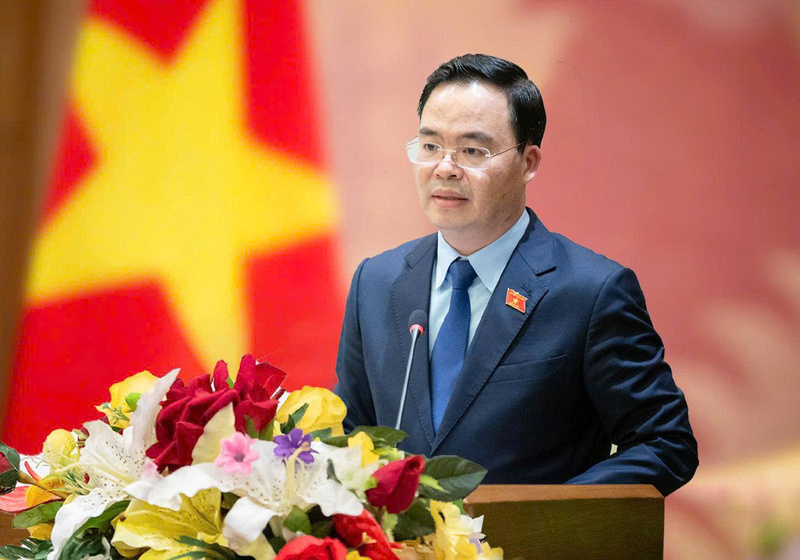
Tran Van Khai underscores resolution 70-NQ/TW as a pivotal framework for securing Vietnam’s energy future.
In August 2025, the Politburo, under the leadership of Party General Secretary To Lam, issued Resolution No.70-NQ/TW, focusing on ensuring national energy security by 2030 with a vision extending to 2045.
Khai emphasized that this resolution arrives at a critical juncture for Vietnam’s energy sector. Over the past five years, Resolution No.55-NQ/TW has driven stable growth and maintained basic energy security. However, challenges persist, including unmet targets, delays in power projects, incomplete infrastructure, and a reliance on imported energy that risks power shortages.
Vietnam now faces new demands: achieving an ambitious economic growth rate of 8-10% annually while fulfilling international commitments to reduce emissions and transition to cleaner energy sources.
Resolution No.70-NQ/TW emerges as a decisive policy push to address these shortcomings and establish a framework that positions the energy sector to lead the way in supporting national development. The resolution sets clear, measurable goals for 2030, with a long-term vision to 2045, anchoring energy security as a cornerstone for Vietnam’s two centennial milestones.
For the first time, a dedicated energy resolution outlines specific targets: achieving a total power capacity of 183-236GW by 2030, ensuring renewable energy constitutes 25-30% of the primary energy supply, and maintaining a 90-day net import oil reserve.
These targets demonstrate a strong political commitment to delivering a stable, high-quality energy supply to fuel a rapidly growing economy while advancing environmental protection and emissions reduction goals. Signed by the General Secretary, the resolution sends a clear message from the highest leadership that energy is a top priority for national growth and security.
Khai described Resolution No.70-NQ/TW as the opening of a “new chapter” for the energy sector. It builds on the strategic direction of resolution 55 but introduces more concrete and resolute measures to tackle pressing issues, such as reforming electricity pricing, expediting delayed key projects, and advancing nuclear power and renewable energy development. The Ministry of Industry and Trade’s swift organization of a conference to implement the resolution reflects the political system’s determination to translate policy into action. The resolution calls for a unified effort across central and local governments, state-owned enterprises, and the private sector to ensure energy security in the evolving global context.
In essence, Resolution No.70-NQ/TW is both a strategic and practical milestone. It reaffirms the Party and State’s commitment to prioritizing sustainable and secure energy development, fostering confidence among investors and the public in a transparent and efficient energy future.
It also provides a political foundation for synchronized policy and planning efforts, such as Power Plan VIII, enabling Vietnam to overcome current challenges and meet its 2030 goal of eliminating power shortages while advancing toward a modern energy sector by 2045, contributing to the vision of a prosperous Vietnam.
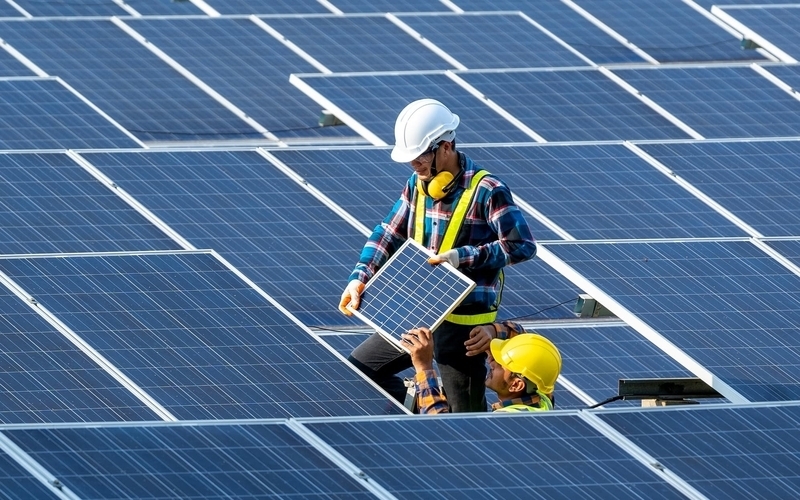
Energy is a matter of survival and must be the top priority for growth and national security.
Khai highlighted science and technology as the “golden key” to achieving rapid and sustainable growth in Vietnam’s energy sector. Resolution No.70-NQ/TW emphasizes leveraging science, technology, innovation, and digital transformation to drive the sector forward, with a focus on mastering modern and nuclear energy technologies and achieving self-reliance in producing most energy equipment for domestic needs and exports. This approach underscores that science and technology are essential for the sector to advance quickly and sustainably.
Firstly, science and technology address technical bottlenecks. Many areas of Vietnam’s energy sector rely on outdated technologies, and critical equipment, such as components for wind and solar projects, is often imported.
Mastering and transferring advanced technologies will enable Vietnam to produce most energy equipment domestically by 2030, reducing reliance on imports, saving foreign exchange, and opening opportunities to export “Made in Vietnam” energy technologies and equipment.
Secondly, science, technology, and innovation provide the foundation for transitioning to a sustainable energy mix. Prioritizing renewables like wind and solar requires smart grids and efficient energy storage solutions. The resolution sets a target for Vietnam’s power system to rank among the top three in ASEAN for reliability by 2030, necessitating robust digital transformation and automation in grid operations.
Technologies like IoT and AI will optimize load and source management, enabling high renewable energy integration while maintaining stability. Research into energy storage, such as batteries and pumped-storage hydropower, is critical for storing renewable energy and balancing loads, a key task outlined in the resolution.
Thirdly, science and technology are vital for pioneering new energy sources, such as nuclear power, which requires mastery of nuclear energy technology and a highly skilled workforce. The resolution aims to train 25,000-35,000 energy engineers and experts by 2030, with a focus on nuclear and renewable energy, to prepare for safely resuming nuclear power projects when conditions allow. Emerging fields like green hydrogen, large-scale offshore wind, and carbon capture and storage also depend on scientific research and global technology adoption.
Innovation and digital transformation further enhance energy efficiency and productivity. Digital solutions can optimize operations, reduce transmission losses, and support demand-side management, helping achieve the resolution’s target of reducing energy consumption by 8-10% and greenhouse gas emissions by 15-35% by 2030.
Technology also enables new business models, such as transparent competitive electricity markets, direct power purchase agreements via digital platforms, and distributed generation systems like smart rooftop solar integrated into the grid.
In summary, science and technology serve as the “lever” for the energy sector’s breakthrough. Resolution No.70-NQ/TW creates a framework to harness this potential by allocating at least 2% of the energy sector’s GDP to research and development, establishing innovation centers, attracting 60-80 high-tech transfer projects, and fostering university-enterprise partnerships and international expertise.
With sufficient investment, Vietnam can bridge the gap with advanced nations and confidently master new, clean energy sources, ensuring the success of its rapid and sustainable energy development goals.
To achieve the ambitious 2030 target of robust national energy security with a stable, high-quality supply and reduced emissions, Khai stressed the need for urgent, synchronized solutions. To begin with, Vietnam must accelerate the development of power supply and infrastructure, fast-tracking projects to meet rising demand and targeting 200GW capacity and 600 billion kWh of electricity by 2030, prioritizing large-scale projects to ensure sufficient supply.
In addition, energy policy and institutional reforms are critical, including refining policies for a competitive market, adopting two-part electricity pricing, enabling direct power purchase agreements, eliminating cross-subsidies, and implementing market-based pricing to attract private investment.
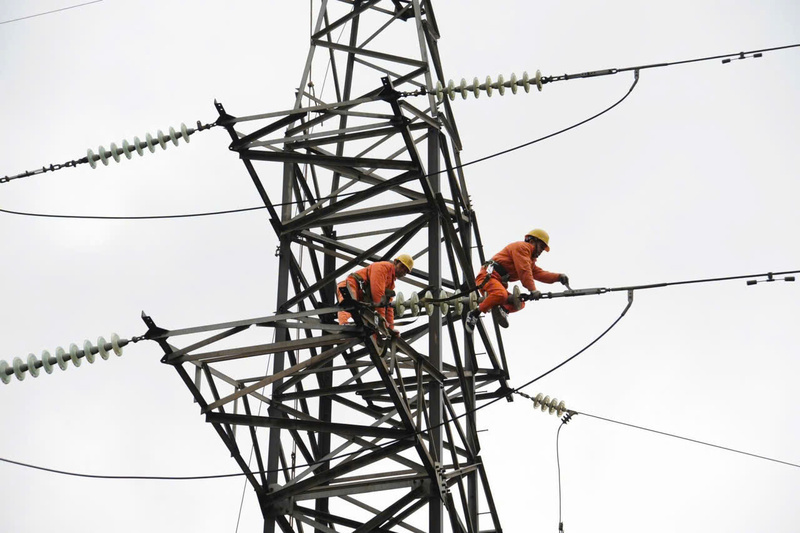
It is essential to ensure a sufficient, stable supply of high-quality energy for the economy.
Third, diversifying supply and enhancing fuel security is essential. This involves increasing renewables to 25-30% of total supply by 2030, phasing down coal, and developing nuclear power while strengthening fuel security through domestic extraction, diversified imports, and maintaining a 90-day oil reserve.
Fourth, promoting energy efficiency and demand management is key to reducing consumption by 8-10% and greenhouse gas emissions by 15-35% by 2030.
Fifth, developing human resources and technology requires allocating at least 2% of the sector’s GDP to research and development, promoting digital transformation, and training 25,000-35,000 energy engineers and experts, with a focus on nuclear and renewable energy, while attracting top global talent.
Finally, strengthening international cooperation is vital. Vietnam should expand global partnerships, leverage commitments like the Just Energy Transition Partnership (JETP), and secure official development assistance and climate finance for clean energy. Encouraging electricity imports and overseas energy investments will further supplement supply.
In conclusion, achieving robust energy security by 2030 demands decisive, coordinated action across multiple fronts, from building new power sources and reforming pricing policies to enhancing efficiency, training talent, and fostering international cooperation. Implementation poses the greatest challenge, requiring close national oversight. However, with the strong political resolve affirmed by Resolution No.70-NQ/TW and the commitment of the entire system, these solutions can be realized, ensuring a sustainable and secure energy future for Vietnam.

19:05 | 23/03/2025 17:31 | 05/09/2025News and Events
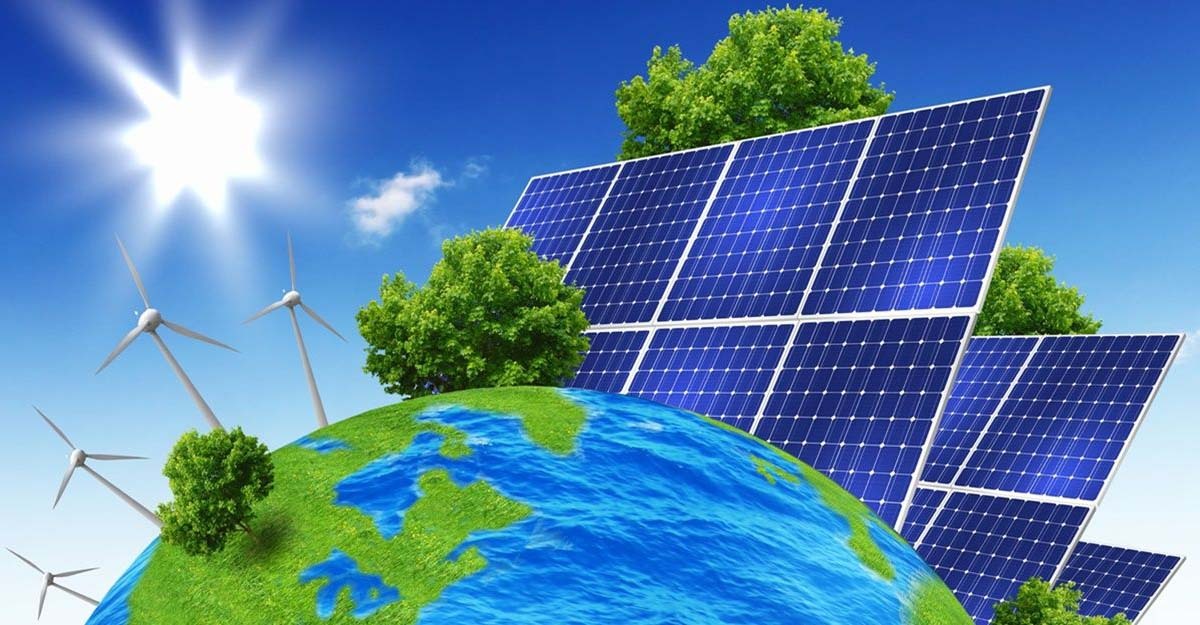
19:05 | 23/03/2025 10:14 | 04/09/2025Industry
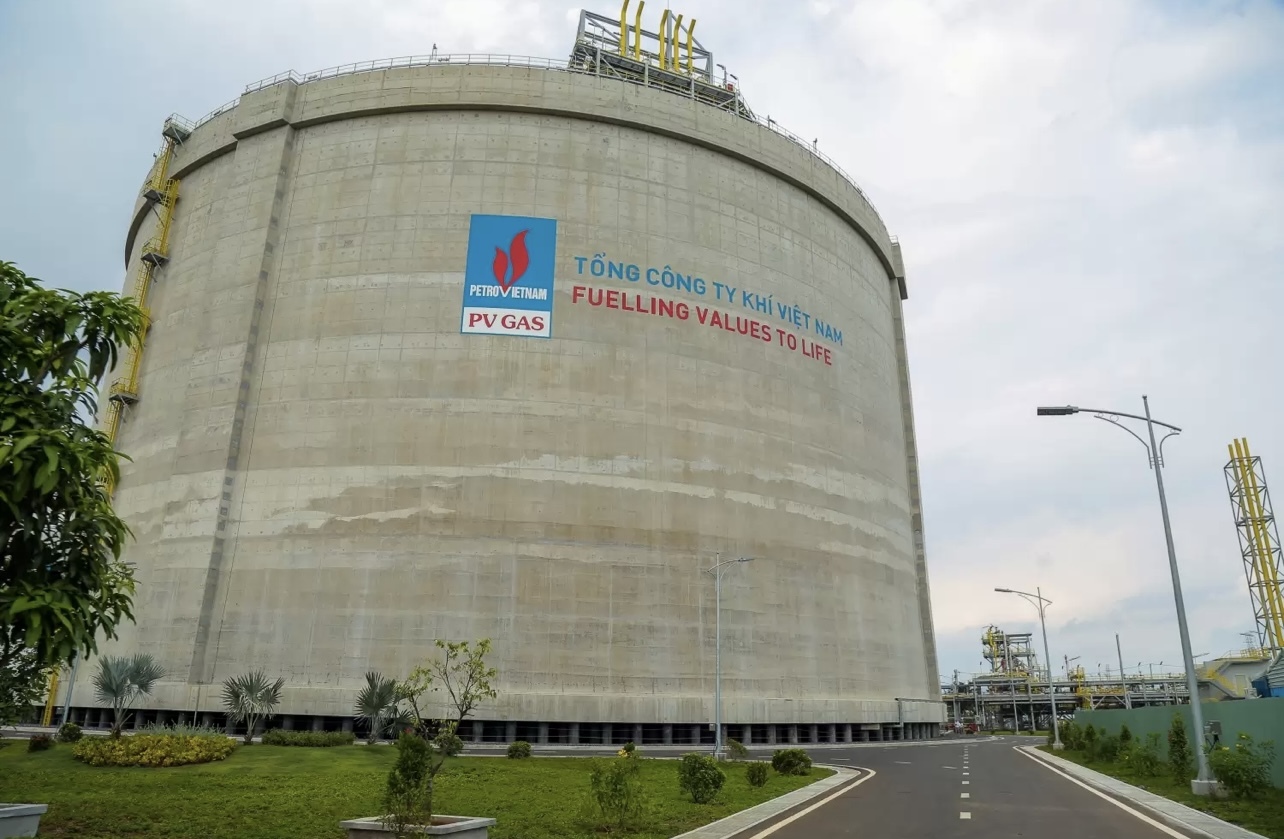
19:05 | 23/03/2025 15:55 | 17/08/2025Industry
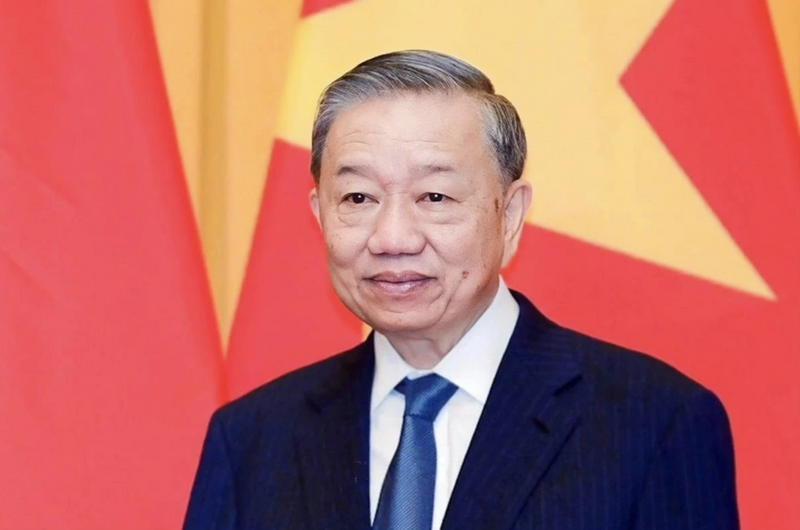
19:05 | 23/03/2025 14:58 | 17/02/2026News and Events
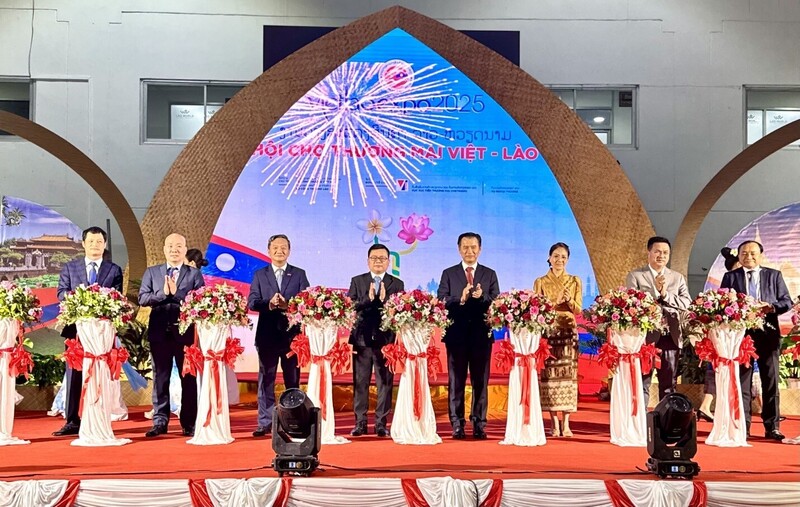
19:05 | 23/03/2025 14:56 | 17/02/2026Trade

19:05 | 23/03/2025 14:55 | 17/02/2026News and Events
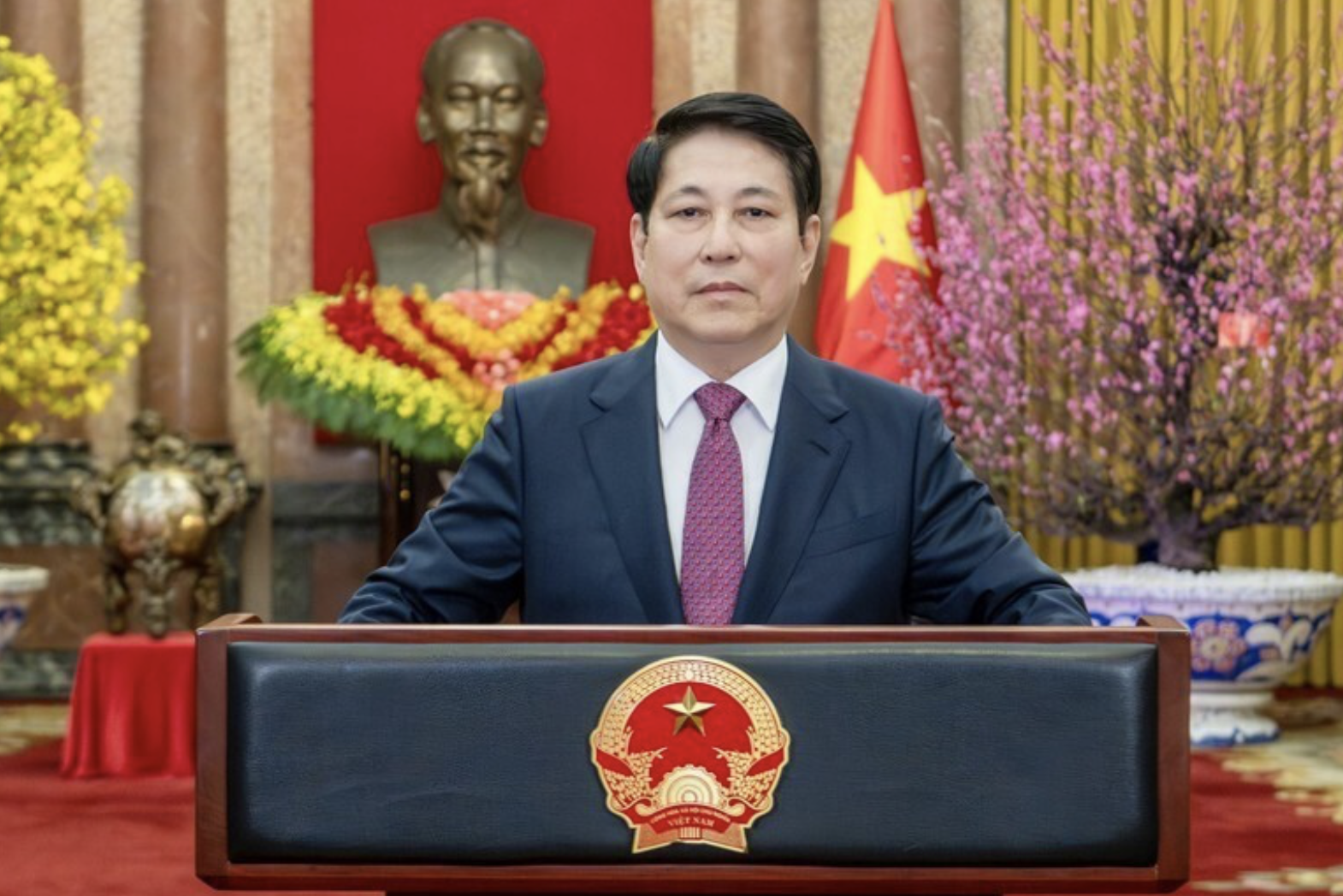
19:05 | 23/03/2025 00:12 | 17/02/2026News and Events
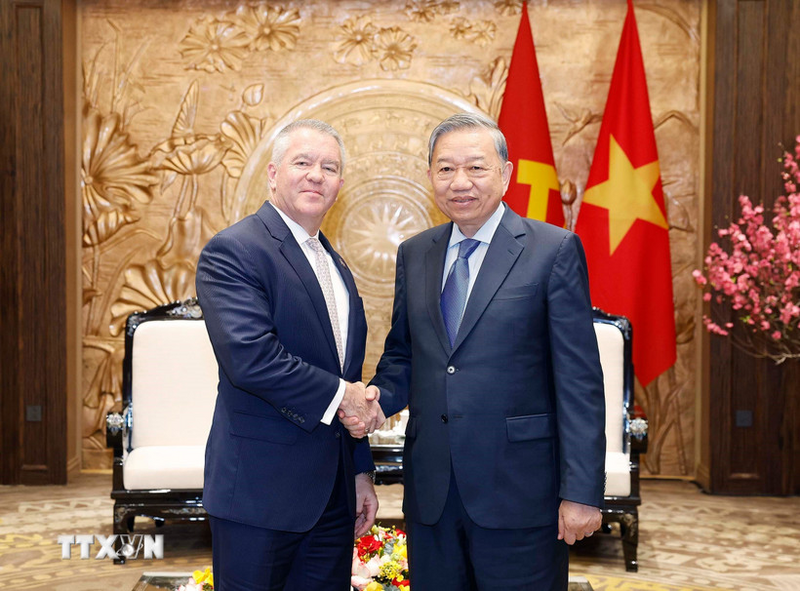
19:05 | 23/03/2025 08:30 | 15/02/2026News and Events